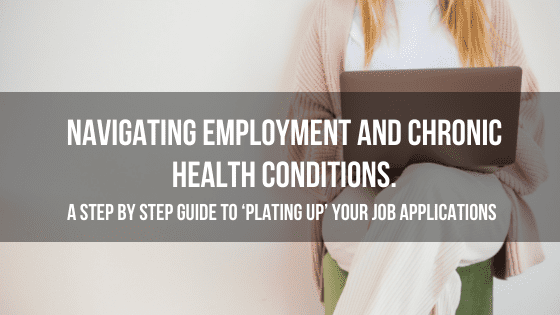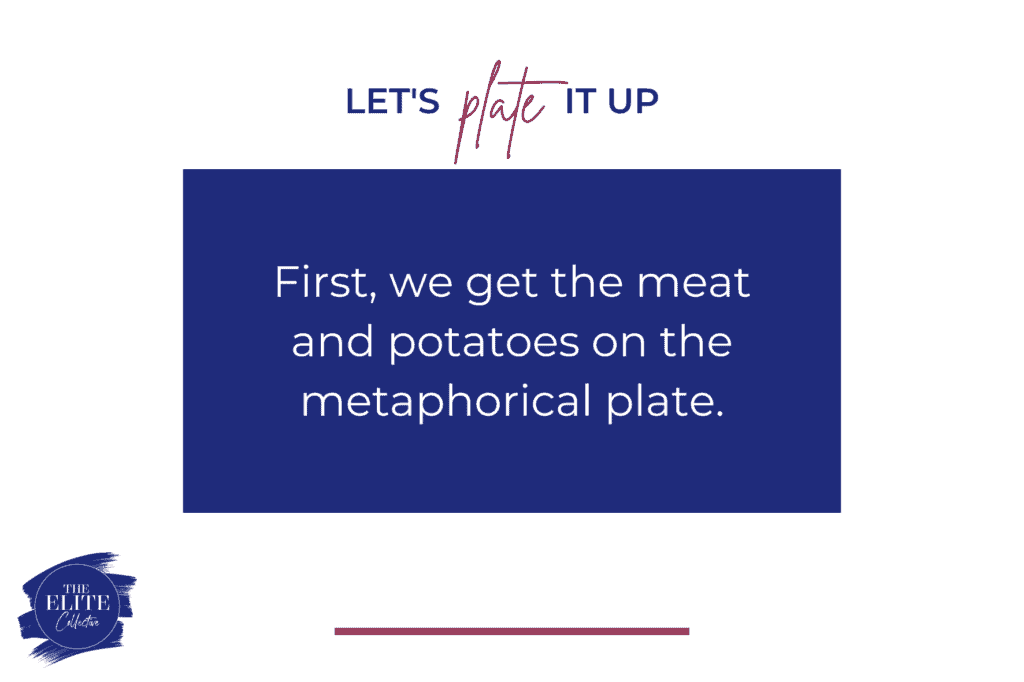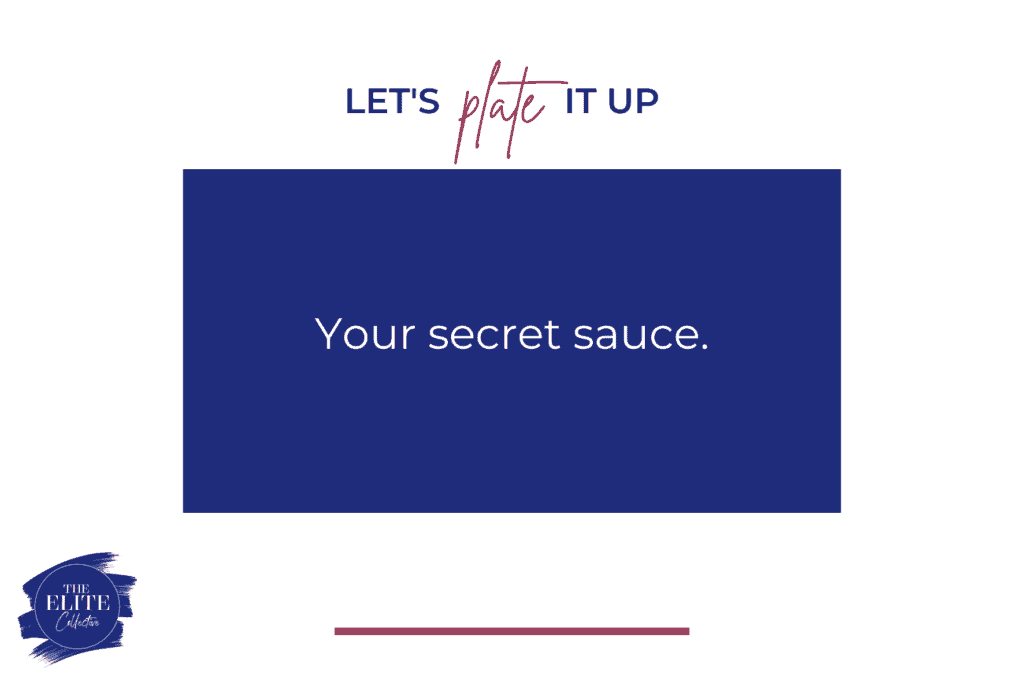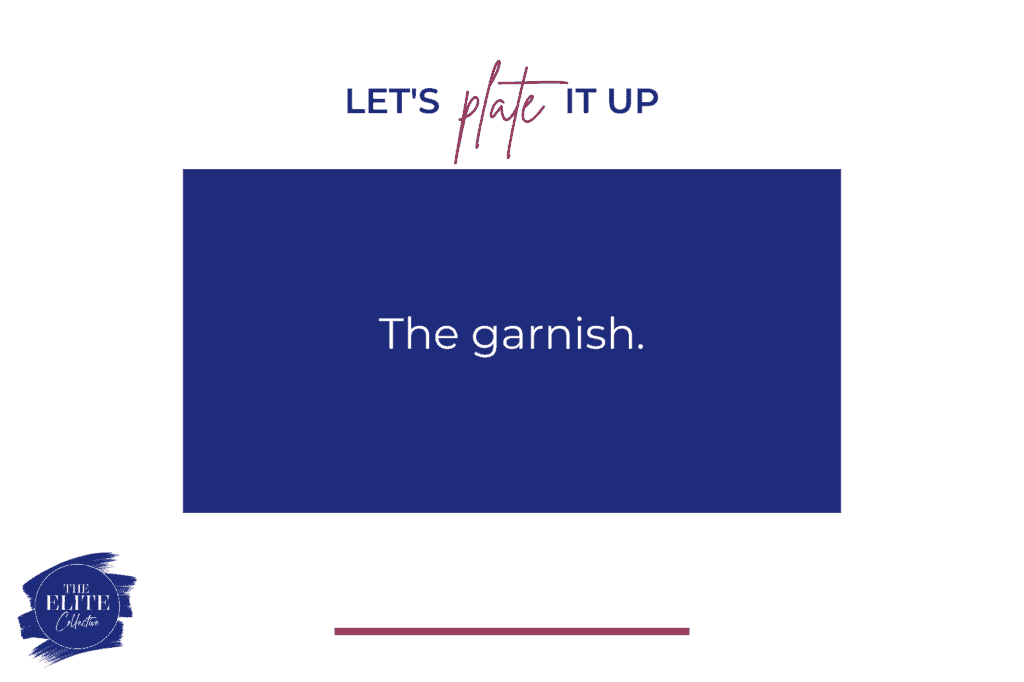 Adriana Modersitzki
Adriana Modersitzki

Earlier this year, I was asked to be a panel member at an online event aiming to support and empower people with epilepsy in the workplace, as well as others navigating the intersection of employment, chronic health conditions and disability.
I declined.
As much as I knew I could add value discussing many parts of this topic, I wanted the organisation to have the chance to work with a professional who had worked SPECIFICALLY in this field, not incidentally, like myself.
What I DID offer, was a range of written materials digging into how to tackle the resume writing and application portion of the journey. THAT is our specialty, and what we do incredibly well at Elite.
This article was so well-received, I wanted to share it with you here, as well.
There is no one-size-fits-all solution for navigating the intersection of employment and chronic health conditions, such as epilepsy. Some of my past clients have worried about sharing their diagnosis with an employer, while others preferred to be direct and ‘matter-of-fact’, focusing on the value they can offer.
What do I think? I believe the number one thing any job seeker can do is align themselves with what the employer is seeking – and THEN go one step further and showcase their unique value proposition. Or, as I like to call it, your secret sauce.
Let’s dig into this list of things to consider when it comes to nailing down your unique value proposition and finding meaningful work in a safe, supportive environment.

What does that mean, Adriana? Well, if an employer has spelt out that they would like specific skills, experience, licenses or qualifications, start by clearly identifying those things on your resume and cover letter.
Let that recruiter know that you’re interested in THIS SPECIFIC role by tailoring your resume to speak to their language and terminology. This seems like a small thing, but I promise you – when you are reading dozens (or hundreds!) of applications, you very quickly get an eye for who has applied intentionally and who has not.
For example, if you are applying for a medical administration role, this might look like changing your language from ‘customers’ to ‘patients’ on the cover letter.
If a role stipulates they use a particular side-loader forklift and you have that experience – say so.
If a position asks for someone who is a whizz with Excel, change ‘IT Proficient” on your resume to specify that you are accomplished in Excel and talk about your knack for pivot tables on your cover letter.

This is where we add your unique flavour and spin, to the standard ‘checklist’ of skills. There’s a fine line between showing how you align with the role requirements and cramming yourself into a prescriptive box that gives no information about the real you.
Other applicants can show how they fit the bare-bones requirements of the role. You’re going to go further. I don’t mean you should talk about your hobbies or how you were the high-school captain. Instead, tell them exactly what is special about you, and how it can benefit their organisation.
Are you next-level good at de-escalating a tense situation?
Can you use data to tell a story in a way that makes it engaging and relatable for a layman?
Are you able to welcome customers by name when they enter the office, no matter how infrequently they visit?
Hint: this is also why copying someone else’s resume word for word, just because they got a different role in the same department doesn’t work. Your secret sauce will be different. Guaranteed.
What do people compliment you on all the time?
What comes easily to you that other people seem to have trouble with?

We’re going beyond the micro greens, or the humble spring of parsley. Why? Because YOU have certainly developed unique attributes as you navigate the world with a chronic health condition and/or disability, many of which could benefit an employer.
If you are asked in an interview “how your health condition will impact the way you XYZ”, you want to be able to sprinkle that answer with some positivity, rather than feel that you can only talk about potentially limiting factors.
Adaptability. Chronic health conditions force you to adapt to frequent physical, psychological, and medical changes.
Resilience. When you are regularly challenged by new obstacles regarding your health, you can build resilience and grit that would be an asset to an employer.
Strategic Planning. If you need to carefully plan and account for health considerations as part of your day to day, you can certainly apply that strategic planning and thinking to your workplace.
Productivity. Remote Working can prove a challenge for some, but many people with chronic health conditions thrive in their home environment where they can make changes to support their health and comfort as needed.
OH&S Awareness. Studies show that on average, people with epilepsy tend to work more carefully and have fewer accidents.
If you’re ready to progress your career and get in front of decision-makers faster, we can help you. We create professional, highly converting resumes, cover letters, and pitch documents for career-driven professionals. Our team of professional writers will draw out your skills and experiences to help you stand out from the competition. Why wait?
We respectfully acknowledge the traditional custodians of the land upon which we live and work, the Ngunnawal people.
We acknowledge and respect their continuing culture and the contribution they make to the life of this city and this region, and extend that same respect to all Aboriginal and Torres Strait Islander people.